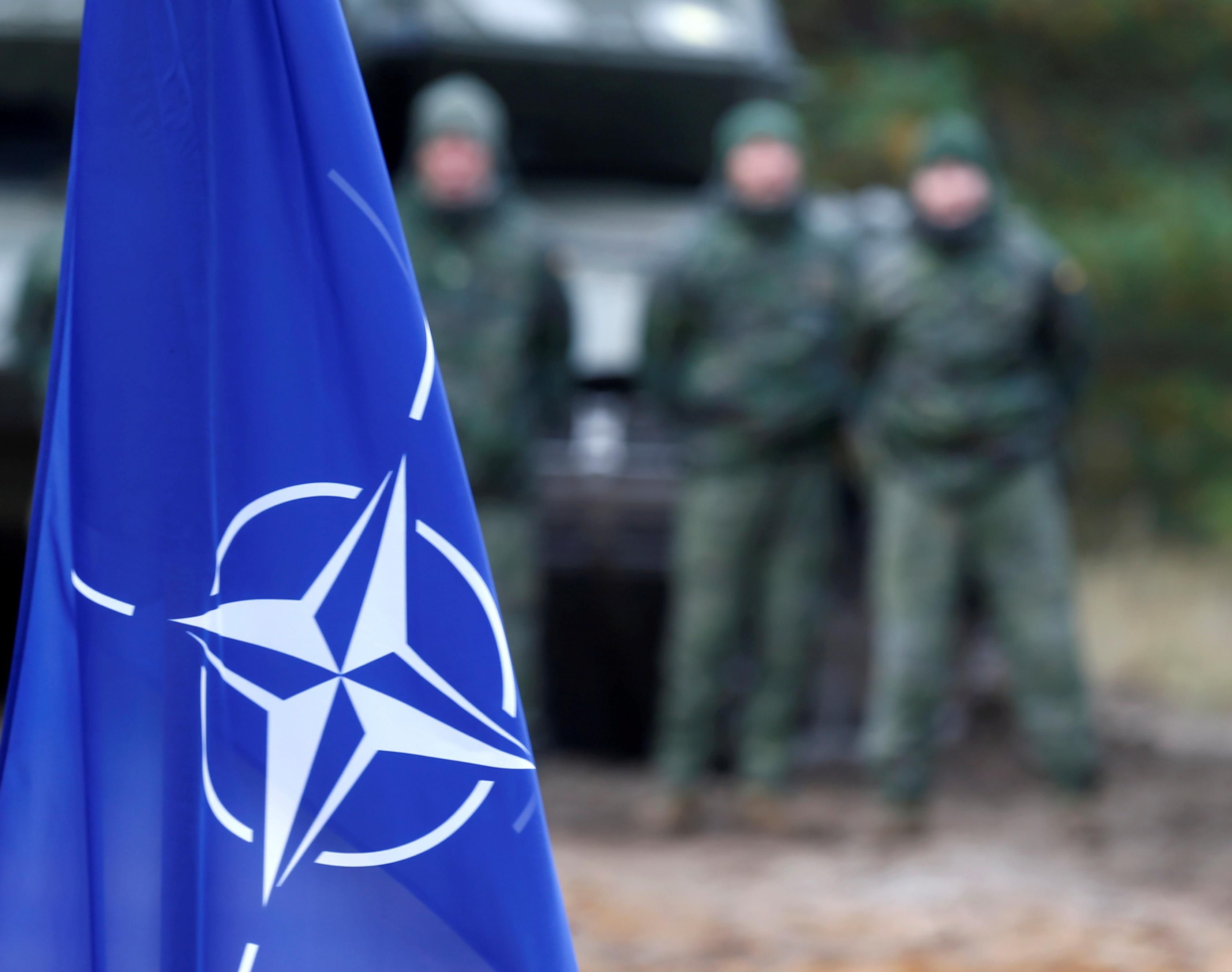News
November 29, 2021
NATO looks to deter Russia, but how? With Russia having massed more than 100,000 troops along the Ukrainian frontier, NATO says it’s looking to deter the Kremlin from launching a potential attack. But how? Though both the EU and US back Ukraine economically and militarily, the country isn’t a NATO member – and won’t be soon – so there’s no automatic defense treaty in place. And while NATO’s toolkit includes options from increased defense operations, to cyber attacks on Russian targets, to the threat of retaliatory strikes on Russian forces, it has to play the deterrence game carefully: any consequences that it threatens must be both serious enough to scare Russia and credible. After all, Vladimir Putin loves to call bluffs, and it would be a massive fail for the world’s most powerful military alliance to draw a red line only to watch the Kremlin prove that NATO forces won’t defend it. Lastly, a NATO miscalculation could accidentally provoke the wider conflict everyone wants to avoid.
Is Ethiopia’s civil war drawing in the neighbors? Ethiopia’s year-long conflict between the central government and the militants of the Tigray People’s Liberation Front threatened to widen this weekend, as neighboring Sudan accused Ethiopian forces of launching an attack along their common border that killed at least 20 Sudanese soldiers. Ethiopia’s government denied the claim and blamed the incident on the TPLF, which it says has received Sudanese backing. The attack occurred in Al-Fashaqa, a fertile farming region that has long been disputed between the two countries. Sudan reportedly moved its own troops into the area around the time that the Ethiopian conflict with the TPLF began. Sudan has already felt the humanitarian impact of Ethiopia’s civil war; it’s struggling to meet the needs of tens of thousands of Ethiopian refugees who have fled from both sides during the conflict. With Ethiopian Prime Minister Abiy Ahmed struggling and Sudan’s domestic politics also in flux, the risk of a miscalculation that broadens the conflict is real.
Indian politics loses its sense of humor. The ruling BJP party of Prime Minister Narendra Modi is now taking aim at what it sees as one of the great threats to India. Terrorists? Pakistani nuclear weapons? China? No. This may sound like a joke, but the party has actually started targeting comedians for lampooning the country’s politics and society. The BJP recently called for a police investigation of popular comedian Vir Das for a bit in which he said, during a routine in the United States, that India is a country “that worships women by day but gang rapes them by night.” The reference was to India’s objectively poor record of preventing and prosecuting gruesome sexual assault crimes against women. The government says it was defamatory. On a less serious note, over the past year, several other Indian comedians have been detained for poking fun at the BJP’s nationalist, conservative politics, and online mobs of BJP supporters often subject critics of the government to punishing abuse. A government that can’t take a joke is no laughing matter, especially in a democracy.From Your Site Articles
More For You
Bad Bunny during the Super Bowl LX halftime show press conference at Moscone Center.
Kirby Lee-Imagn Images
100 million: The number of people expected to watch the Super Bowl halftime performance with Bad Bunny, the Puerto Rican superstar and newly minted Album of the Year winner at the Grammys.
Most Popular
Think you know what's going on around the world? Here's your chance to prove it.
- YouTube
An imminent US airstrike on iran is not only possible, it's probable.
Americans are moving less — and renting more. Cooling migration and rising vacancy rates, especially across the Sunbelt, have flattened rent growth and given renters new leverage. For many lower-income households, that relief is beginning to show up in discretionary spending. Explore what's changing in US housing by subscribing to Bank of America Institute.
© 2025 GZERO Media. All Rights Reserved | A Eurasia Group media company.
